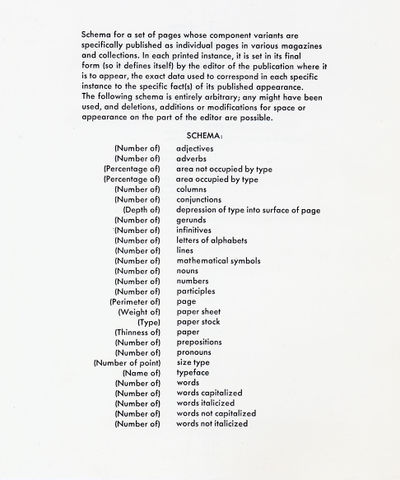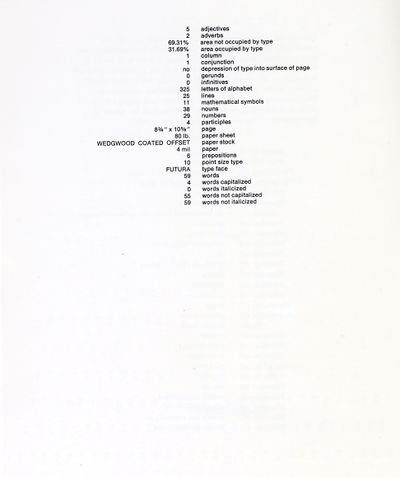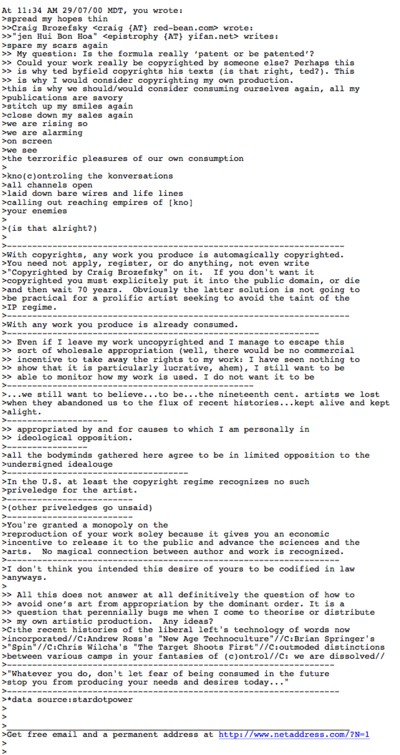User:Cristinac/thirdobject: Difference between revisions
No edit summary |
No edit summary |
||
| Line 22: | Line 22: | ||
<u>What is a patent?</u> | |||
Amazon patents the | -a government grant to an inventor of the right to exclude others from making, using, or selling an invention, usually for a limited period. Patents are granted for new and useful machines, manufactured products, and industrial processes and for significant improvements of existing ones. Patents also are granted for new chemical compounds, foods, and medicinal products, as well as for the processes used to produce them. In some countries patents can be granted even for new forms of plant or animal life developed through genetic engineering. (from Encyclopedia Britannica) | ||
[http://www.technologyreview.com/news/521946/googles-growing-patent-stockpile/ Publicly, Google continues to disparage patent claims, which it says amount to a tax on smartphones that raises prices for consumers. The company’s top lawyer, David Drummond, has said that a typical smartphone could be covered by as many as 250,000 patents, but that, like most patents, they are “largely questionable” and for the most part “dubious.”] | |||
[http://www.gnu.org/philosophy/not-ipr.en.html Richard Stallman: The term “intellectual property” is at best a catch-all to lump together disparate laws. Nonlawyers who hear one term applied to these various laws tend to assume they are based on a common principle and function similarly. Nothing could be further from the case. These laws originated separately, evolved differently, cover different activities, have different rules, and raise different public policy issues. ] | |||
[http://pdfpiw.uspto.gov/.piw?docid=08676045&PageNum=1&IDKey=E46BB9438AC7&HomeUrl=http://pdfpiw.uspto.gov/ Amazon patents the studio arrangement] | |||
[http://www.nettime.org/Lists-Archives/nettime-l-0208/msg00122.html page ranking, not really related, but interesting] | [http://www.nettime.org/Lists-Archives/nettime-l-0208/msg00122.html page ranking, not really related, but interesting] | ||
</div> | </div> | ||
Revision as of 05:12, 11 June 2015
Dan Graham, Poem Schema
- «Schema for a set of pages whose component variants are to be published in various places. In each published instance, it is set in its final form by the editor of the particular publication where it is to appear, the exact data used to correspond in each specific instance to the specific fact(s) of the published final appearance. The work defines itself in place only as information with simply the external support of the facts of its external appearance or presence in print in place of the object.» (March 1966) (Source: Dan Graham, Art-Language, vol. 1 no 1, May 1969, p. 14, repr. in: Dan Graham, Works 1965–2000, Düsseldorf 2000, p. 95)
patent or be patented:
From: "ova.kill" <mezandwalt {AT} wollongong.starway.net.au>
Date: Wed, 02 Aug 2000 13:52:35 +1000
In-Reply-To: <20000729173432.8156.qmail {AT} nwcst315.netaddress.usa.net>
What is a patent?
-a government grant to an inventor of the right to exclude others from making, using, or selling an invention, usually for a limited period. Patents are granted for new and useful machines, manufactured products, and industrial processes and for significant improvements of existing ones. Patents also are granted for new chemical compounds, foods, and medicinal products, as well as for the processes used to produce them. In some countries patents can be granted even for new forms of plant or animal life developed through genetic engineering. (from Encyclopedia Britannica)



